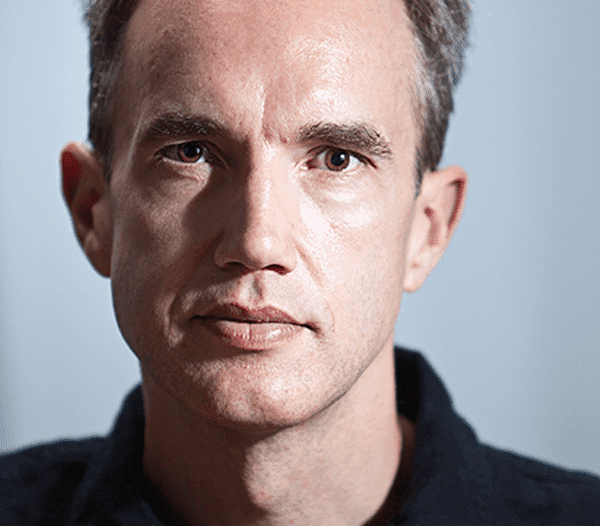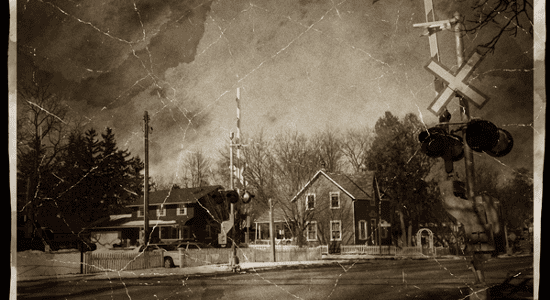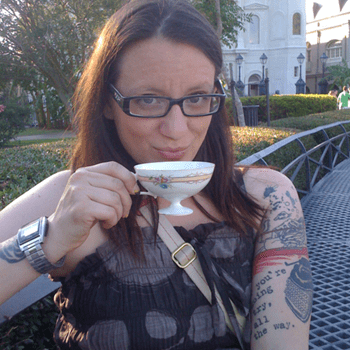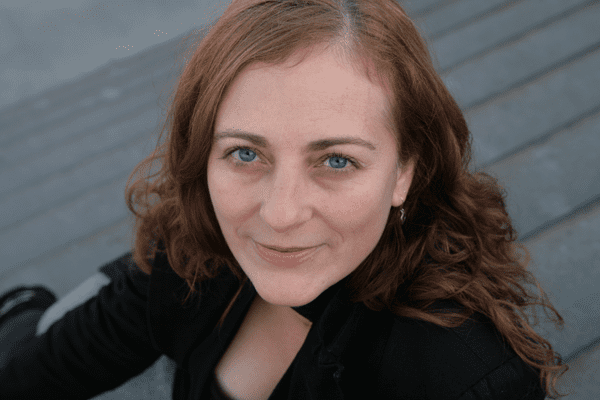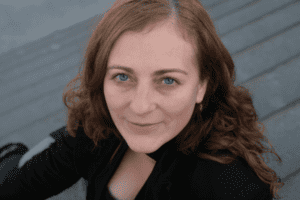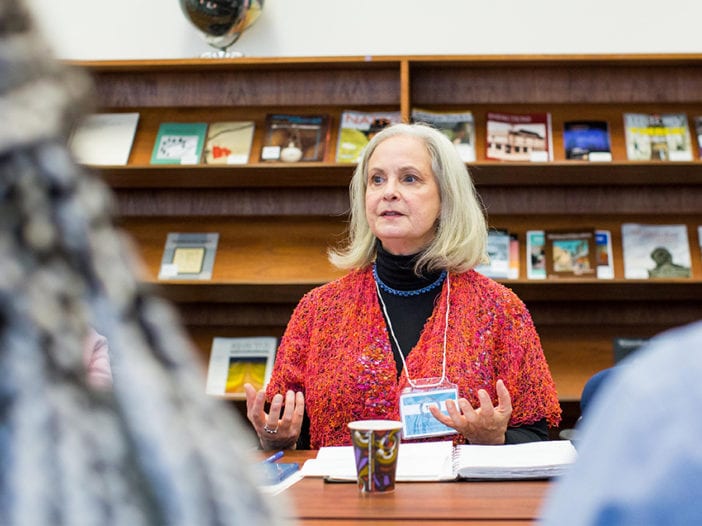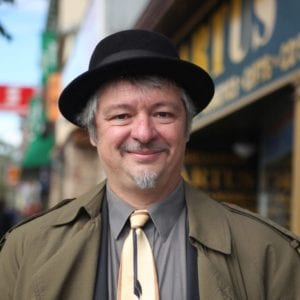Tell us about yourself.
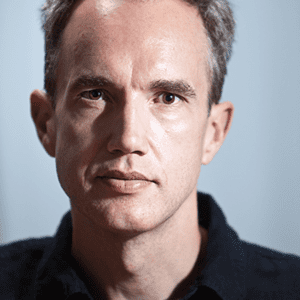
I was born and raised in Toronto, and studied English Literature at the University of Windsor (B.A.) and Queen’s University (M.A.). I have long loved reading and books, so perhaps it was inevitable that I would eventually get around to writing one of my own. Professionally, my career has centred on human rights communications and program management, both in Canada and overseas.
Tell us about the piece you’ve decided to share.
This is an excerpt from Finishing the Road. Set in Guatemala in 1991, while the country’s civil war still continues, the novel tells three stories of individuals who’ve travelled through the country searching for and contemplating family, identity and belonging in a world in which they have come to feel estranged. One of the protagonists, a woman named Claire who is part Belgian and part Guatemalan (due to a fleeting affair that her mother had while travelling in Guatemala) travels to the country to meet the father she never met (but whom she had recently spoken to by telephone). However, he is murdered before she has an opportunity to see him in person. She chooses to remain in the country, travelling to several places in the country that had particular meaning for him and that he had told her to visit. She does so, writing personal, impressionistic accounts for an English-language newspaper in the country, using the motif of the rare and beautiful quetzal, the national bird of Guatemala. In travelling to, writing about and experiencing these places first-hand, Claire hopes to learn more not just about her biological father but also about her Guatemalan half.
One of the other main characters in Finishing the Road is a Torontonian, Marc, who is in Guatemala to study Spanish. When he accidentally comes across the first newspaper article by Claire, he is instantly drawn to her and impetuously decides to embark upon his own journey in Guatemala, letting her words be the guide, tracing her steps through every article that she writes. His is in a quest—unwittingly led by her—done in the hope of stepping into his own life and grounding his drifting soul, one that has never felt rooted in his hometown.
The excerpt is an article by Claire about one of those places where she travels: a remote Mayan village called Lancetillo.
When and why did you realize you had a passion for writing?
As mentioned, I have enjoyed reading for a long time. However, it was only after I had returned to Canada in 2000, after having lived and worked in Guatemala for a couple of years, that the need to write came to the fore. I came back armed with so many experiences and memories from my time there that I felt the need to channel them. So, I eventually decided to write a novel, which, while a work of fiction, does contain some elements based on people I know, stories I heard and places I visited.
What pieces of writing/authors have had the greatest impact on you?
I have been lucky enough to read a wide range of great literature by writers from around the world. If I were to select certain writers whose work has had a significant impact on me (and my writing), I would point to Jim Harrison, Cormac McCarthy and Gabriel García Márquez. With Harrison, he is simply an incredible storyteller with a gigantic heart and unyielding love for the world. McCarthy is a master of language and scenery. My single favourite novel is One Hundred Years of Solitude, which was my introduction to García Márquez.
What kind of writer do you aspire to be?
I suppose that I aspire to be a writer who is faithful to his vision and who writes with passion and conviction about it.
How and when do you find time to write?
I have to make time to write; otherwise, it won’t get done. For example, when I beganFinishing the Road a couple of years ago, I found that I was not making much progress. It was particularly difficult because I had a full-time job. Being at home was also a distraction, given the easy access to the Internet, television, etc. So, I joined the Toronto Writers’ Centre and went there every Saturday and Sunday over the course of almost a year. The TWC provided an ideal, distraction-free quiet space in which I managed to complete my manuscript. It involved a great deal of discipline on my part; however, because I was determined to complete the novel, I made the effort to spend weekends at the centre.

